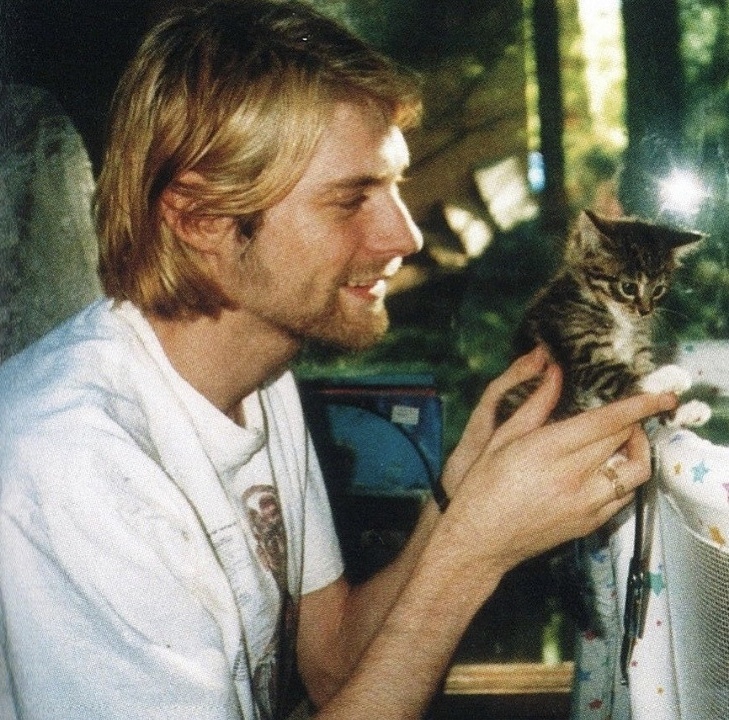I think the other way around is wrong and immoral. Forcing a child to suffer their whole life is pure evil in my book. If you have the opportunity to prevent this, it is your duty to do so.
If “not have” means abort, I don’t think it’s ever wrong not to have a baby. People should only have kids if they want them and can commit to being good parents for the long haul. “Maybe it will save our marriage” and “God says so” are equally shitty examples of reasons to have kids.
That’s an incredibly complicated question with no single answer. If you’re looking to delve into this area then I’d say your interest will take you to reading philosophy and medical ethics. If you are interested, then this is one of the best podcasts for medical ethics that I’ve found.
As for your question, I’ll try to get you started in a direction to explore. The question is probably best broken down to at least 2 initial questions:
- Who decides what is “disability”?
Very poor eyesight or cataracts used to be debilitating. Now anyone with access to basic healthcare would not even consider mentioning those as health problems. Downs syndrome used to be a terrible diagnosis, now people with Downs syndrome mostly have a good quality of life. Many deaf people would not consider themselves disabled at all. Does it matter if someone is in a wheelchair, and is happy, fulfilled and contributing to society? Is losing a part of a finger a disability? How about losing a whole finger, or 3 fingers?
- Who decides what is “suffering”?
Plenty of fully able people are suffering. Plenty of medically limited people are perfectly happy and fulfilled. A person who has the maximum intellectual intellectual capacity of a 2 year old and no ability to communicate, but who smiles and laughs and claps could be said to be happy and not suffering. If a pregnancy scan shows a baby is going to be born without a foot, can the parents or doctors decide that’s a life not worth living? Even if someone is suffering, how much suffering is too much? If a person is in endless pain, severely limited function and unable to survive off a ventilator; then can parents or doctors decide that’s NOT enough suffering to end their life? Physical suffering can also coexist with emotional happiness.
There are loads more questions that will come up. How do you even find out your child is going to be disabled? Is it reasonable for everyone to ask for genetic tests before the baby is born, and abort if they don’t like the answer? Just because we have an ability to test or treat a condition, doesn’t mean we should use those tools without considering why. Your question also is particularly about having a child, and you need to separate the suffering of the child from the inconvenience, resources and suffering of the parents/family.
This is a very deep rabbit hole to go down and it ends up in all sorts of places (eugenics, euthanasia, abortion, resource allocation, the value of a life, etc). Many things in medicine aren’t even this black and white… A lot of decisions need to be made on possible likelihoods and estimated probabilities.
Alternatively, it’s an incredibly simple question, with an incredibly simple answer:
It’s your business, not mine. Do what you want for the reasons you want.
I don’t know why I’d want to set up a person to live like that.
Yeah simply put - if I was the kid and I was able to comprehend being born at a permanent disadvantage, and I knew you had a choice in the matter… Hell yeah I’d be mad! Life is hard as it is
I would urge people to be careful how much we think disabled people (might) suffer. My mom is colorblind (she sees the whole world in shades of white or black), and her vision strength is 5% or lower. She is definitely disabled and receives a pension for not being able to work. Still, she managed to build up some form of existence: she managed to start an education and became a masseuse, and she gave birth to me and my brother. If my grandma would’ve known that my mom will not be able to live on her own, she maybe wouldn’t have proceeded with the pregnancy. Then I wouldn’t be here either.
My conclusion: what do you define by disability? If it is a chronic disease which means your child will be in pain their whole life, it is very different than having a child who isn’t able to “function” normally, but isn’t inherently in pain. Over my mom I met a lot of other disabled people, and most of them have built up an existence and lead a life. My mom wouldn’t agree that she is forced to suffer her whole life.
No one is forced to bear out a child. You are not morally responsible to bear out a child, in my opinion. But we shouldn’t assume we know how this person will grow and develop during their lives.






